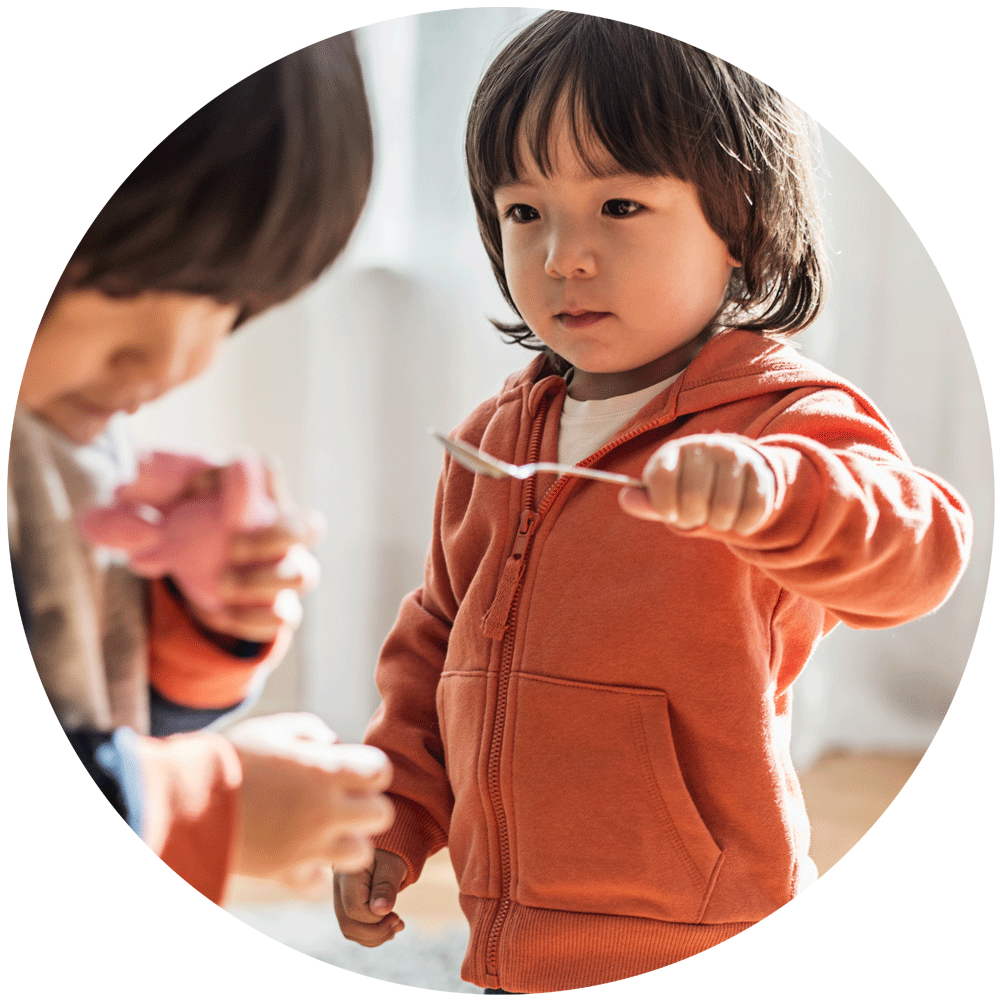Symptoms and causes of child diarrhoea
Diarrhoea is a very common problem in children younger than five years of age. The World Health Organization (WHO) defines diarrhoea as “the passage of 3 or more loose or liquid stools per day, or more frequently than is normal for the individual.”
The sudden onset of diarrhoea in an otherwise healthy child is usually due to acute gastroenteritis. Acute gastroenteritis is an infection of the gut leading to inflammation of the stomach and intestines. It may also cause symptoms such as vomiting, abdominal pain and fever. The symptoms usually last up to a week.
It is also common for antibiotic therapy to cause diarrhoea. Up to 40 per cent of children treated with broad-spectrum antibiotics suffer from gastrointestinal side effects. Apart from diarrhoea, symptoms include nausea, vomiting, bloating and stomach pain. Antibiotics disrupt the balance of our gut bacteria, the microbiota, and our gut bacteria, and this imbalance can persist for a long time.
Dehydration – the main risk of acute gastroenteritis
Dehydration is the main risk for acute gastroenteritis in children and infants. Dehydration occurs when your body loses more fluid than it takes in, resulting in a lack of fluids. Diarrhoea prevents a child’s intestines from absorbing water and salt properly. Vomiting results in additional fluid loss. Dehydration can worsen diarrhoea in infants and small children. Pay attention to how your child behaves and how he or she feels. Passivity and apathy may be signs of dehydration. You should consult your doctor immediately if you suspect your child is becoming dehydrated.
How to treat diarrhoea in children
To prevent dehydration, encourage your child to continue his or her normal diet as closely as possible. In addition, encourage your child to drink extra fluids, preferably in small, frequent sips. Fruit juices or fizzy drinks should be avoided, as they may worsen diarrhoea. If your child is six months old or less and is breast or bottle-fed, you may be advised to feed him or her more often. Oral rehydration solution is regarded as the most effective treatment for acute gastroenteritis. Oral rehydration solution provides the right balance of water, salt and sugar. Clinical studies have also shown that certain probiotics can help infants and children with acute gastroenteritis recover faster from diarrhoea and vomiting.

Oral rehydration solution should be given to your child often and in small but regular doses, preferably with a teaspoon, to avoid vomiting. If your child continues to vomit, wait five to ten minutes before you try again. When your child’s appetite and thirst return, switch to a regular diet and feed them often and in small portions. As long as your child seems to be getting better, it’s not dangerous for him or her to continue having loose stools for another few days as nutrients are absorbed by the intestines. Antibiotics should not be given routinely. However, in some cases, antibiotics or other treatments may be necessary, depending on the cause of the infection. Always consult a doctor before giving your child any prescription drugs.
Read more
Children and infections
During one year a child gets sick on average 6-12 times in colds or influenza with symptoms like runny nose, fever, and coughing.
Read more
Functional abdominal pain
What is Functional abdominal pain? “I’ve got a pain in my tummy!” Or, “My tummy aches!” Most parents have heard these words from their children.
Read more
The importance of gut bacteria
New findings suggest that the number of bacterial cells are actually more or less the same as the number of human cells. These bacteria are called the human microbiota and they are extremely essential for human health
Read more
